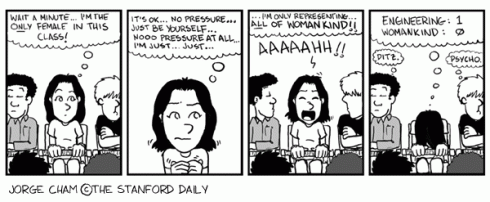Continuing the translation of Twelve sences listening to The Zombies. Oh I love that group. Struggeling with the chapter of emotions. This is really as far from counting leafs as possible. Every word is like a needle when the theme is Guilt. (Page 81)
Guilt can turn sense of security to panic or indifference because the individual can not manage to carry their negative anticipation. Concerns may also provide quilt because ”you are not good enough”.
”Real guilt” motivated by the irregularities that you know you have committed and which therefore can cause relevant remorse and anguish.
”Neurotic guilt” on the other hand on an unconscious level, is probably unwarranted and can be difficult to understand and come to terms with.
Conscience and guilt are relating feelings, often tied to relationships, faith or duty. Freud spoke of moral anxiety. Guilt requires that you feel guilty. But for what? Guilt account can consist of long since forgotten or repressed sins. You need not have done anything and yet sense a sin not been fully punished.
The feeling of guilt are often remaining without remembering what caused it. A bad conscience hopefully can be solved with repentance, but sometimes also sense of guilt consists even if it is caused involuntarily. Guilt in relationships is then perhaps the most learned feeling. In other words, man is basically innocent but society has transferred and caused so much concern of not being good enough that this ultimately lowers person in the mud of guilt and excuses./
END of translation
The good thing with putting the texts on a blogg is that you can imagine the reader and get a feedback. Thank You all for nice responses.


